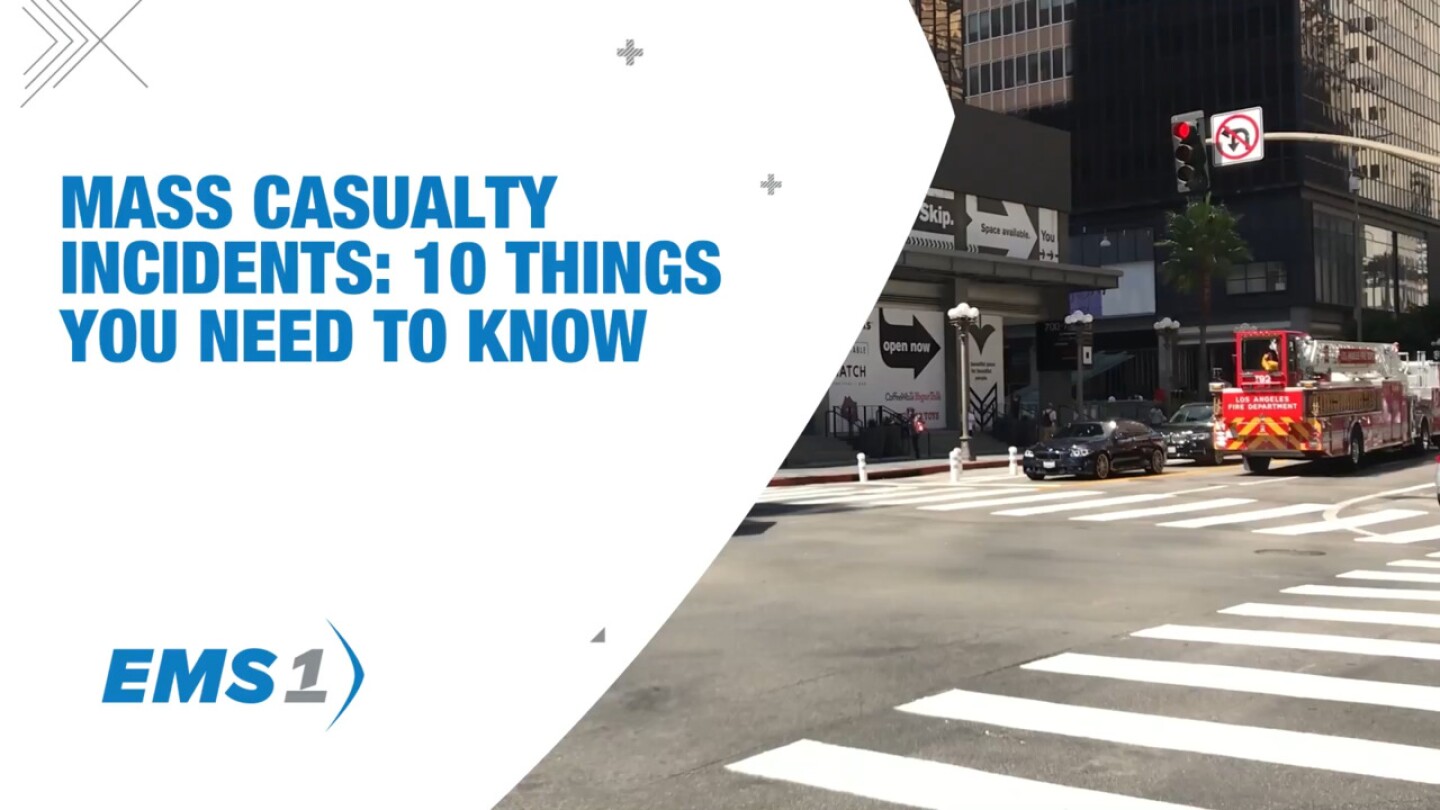Evergreen
Key assessment and management techniques for EMS personnel confronting hyperthermia
From emotional challenges to physical demands, here’s what EMS professionals want you to know before you sign up
Explore why START triage remains a go-to system for efficient MCI response and field prioritization
Learn the facts about dry drowning, the symptoms, and how to keep your child safe
A go-to test for consciousness or a risky habit? The truth about the sternum rub revealed
Enhance your IV insertion skills with these expert tips, ensuring efficient and effective patient care in emergency situations
A comprehensive guide to evaluating abdominal pain through targeted assessment questions and clinical examination techniques
Avoid misdiagnosing atrial flutter as sinus tachycardia by mastering these ECG interpretation strategies
Research has shown that firefighters and EMTs face special risks of cardiac disease and stroke; here are 10 ways to lessen your risk
Explore how alpha and beta receptors within the autonomic nervous system regulate vital involuntary functions and respond to stressors
9 tips to quickly find a patient’s pedal pulse for checking lower extremity circulation
To make an effective splint, focus on the craft rather than focusing on the device
What happens if EMS providers who use marijuana safely and legally test positive days later in violation of policies?
There are several things you can do to protect both your patient and yourself
Learn how to differentiate supraventricular tachycardia from sinus tachycardia on ECGs by examining P wave visibility, heart rate, and rhythm regularity.
Make no mistake, every EMS provider in every state has a duty to perform a full and complete assessment on every living patient
A complete narrative in the patient care report that is reviewed and signed by the patient is your best protection against liability for the non-transport decision
OPQRST is an important part of patient assessment and the start of a conversation with the patient about their pain complaint
Capnography and ETCO2 monitoring are critical for assessing ventilation, confirming airway placement and guiding resuscitation
Monitoring AVPU and other vital signs will help determine if the patient is improving, worsening or responding to treatment
Avoid false blood pressure readings that could impact patient care. Discover the most frequent BP measurement mistakes and expert-backed techniques for accuracy.
When the overtime pool is deep, many EMTs and paramedics will swim for as long as they possibly can
For new EMTs and paramedics there is nothing more important than improving your patient assessment skills; learn and follow these field proven tips
Crush syndrome can be expected following any event where patients are trapped for a length of time
A single question can unlock memories that will distract your patient from their current pain – and fill your day
Books
A paramedic’s role is to help people and do the best they can for each patient
The habits we learn to care for ourselves and others go with us off-duty into our personal lives
You never know when a simple “thank you” to an educator, nurse, law enforcement officer or firefighter might make a life-changing impact































